NVR CCTV Camera System Installation in Delhi NCR
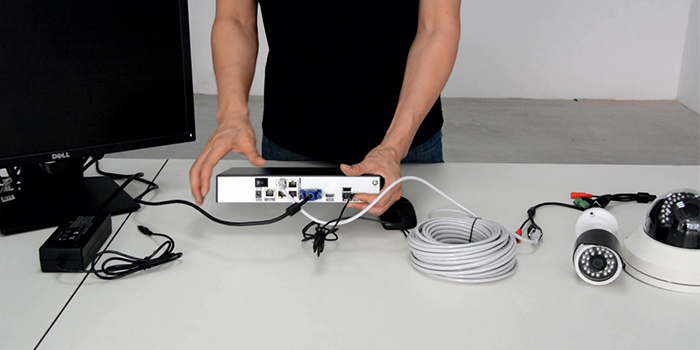
What is an NVR?

Network Video Recorder (NVR) is a special device that includes a software program that records video in a digital format to a Hard Disk, USB Flash Drive, SD Memory Card, or to any other Mass Storage Device. Network Video Recorder has no dedicated video recording hardware. But, it has a video recording software that typically works on a dedicated device, with an embedded operating system. NVR is usually used with IP video surveillance systems.
Network video recorders are different from Digital Video Recorders (DVR) as their input is from a network rather than a direct connection to a video capture card or tuner. Video on a DVR is encoded and processed in the DVR, but the video on an NVR is encoded and processed at the camera, then streamed to the NVR for storage or remote viewing devices.
Additional processing is done in the NVR, such as further compression or tagging with metadata.
Hybrid NVR/DVR surveillance systems also exist which incorporate functions of both NVR and DVR. But, these are considered as a form of NVR.
NVR home surveillance systems are usually wireless, which is easy to setted up, can be accessed through a web browser, and also allow the user to be notified by email if an alarm is triggered.
NVR Security System – PROS & CONS
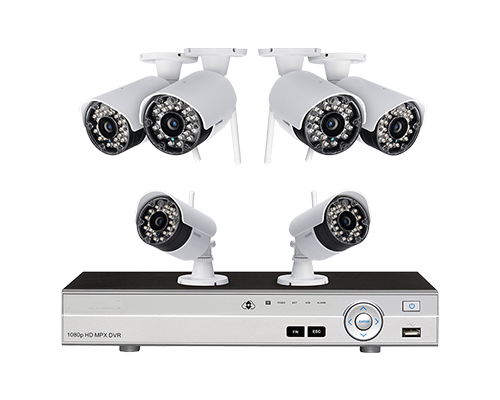
NVR security camera systems include the latest technology to provide an enhanced and feature-rich security system. Also known as PoE (Power over Ethernet) security camera systems, NVR based systems are more flexible and complex than DVR systems.
Camera Type – IP Camera
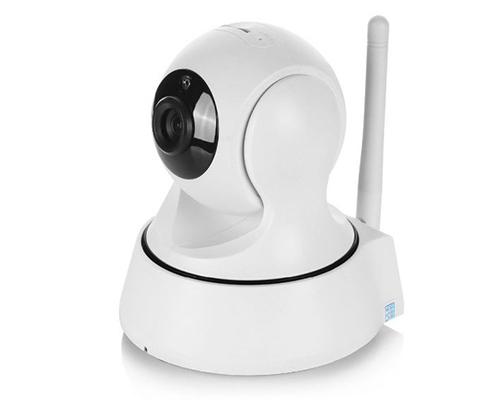
As NVR systems process the video data in the camera rather than on a recorder, the cameras used in NVR systems are much better than their DVR equivalent. NVR systems use an IP Camera which is a standalone image capturing device. Every IP camera has a chipset embedded in them which is responsible for processing the video data, which is then transmitted to a recorder (NVR).
Unlike analog cameras, IP cameras are usually capable of recording and sending audio and video. Using more powerful chipsets and other hardware parts on IP cameras also implements improved smart functionality and video analytics, such as facial recognition.
Cable – Ethernet
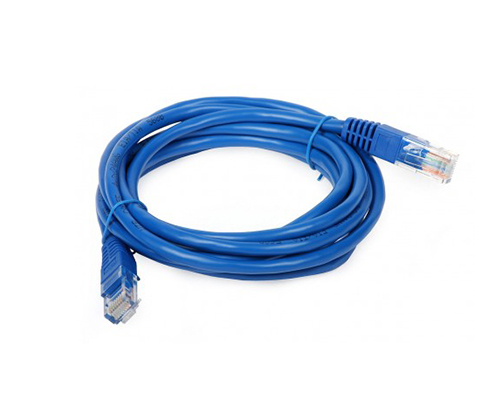
Just like DVR systems, NVR systems also connect the camera to the recorder. However, the way they connect the camera to the recorder is totally different. NVR system uses the standard Ethernet cables, like CAT5E and CAT6, for the transmission of the data.
experienced installers prefer ethernet cables due to numerous advantages when compared to coaxial cables:
1). Ethernet cable supplies power to the camera using Power over Ethernet (PoE). The camera now requires only one cable running to capture video, audio, and power the camera, which eliminates the use of messy splitters like in a DVR system.
2). Cables do not need to be connected to every camera and the recorder. They just need to be on the same wireless network.
Recorder
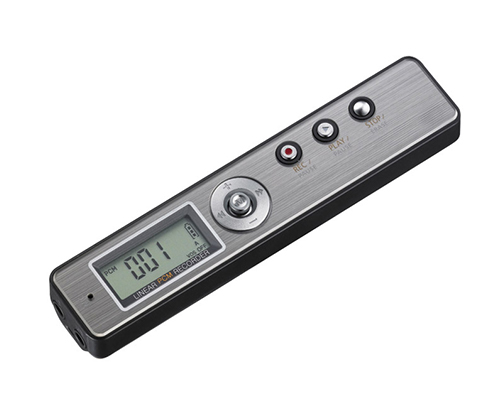
NVR system does not process video data, the camera completes the step before the video is transmitted to NVR.
NVR recorders are only used to view and store the footage.
System Flexibility
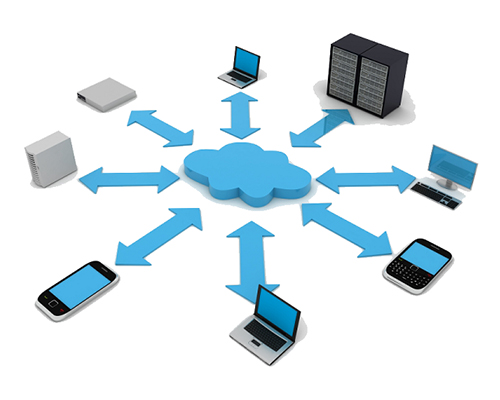
NVR systems are usually more flexible as the security cameras don’t need to be directly physically connected to the recorder. IP cameras only need to be on the same network. Live footage and the recorded clips can easily be viewed from any part of the world.
Image & Audio Quality
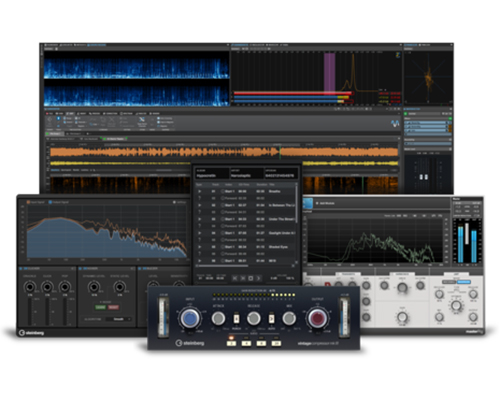
NVR recorders the digital signals from the camera, video quality is 4 times better than a DVR at the same resolution. As ethernet cables carry audio, all cameras with microphones can record audio to NVR.
